Trump Makes New Supreme Court Request
White House Says President Must Have Power to Restore Order
President Donald Trump’s administration is asking the U.S. Supreme Court to approve the deployment of National Guard troops into Chicago — a city long plagued by violent crime and liberal leadership unwilling to act.
The Justice Department filed an emergency request urging the justices to lift a lower court’s order blocking the President’s move.
Solicitor General D. John Sauer argued that the judge’s order unlawfully limits the President’s constitutional authority and puts federal workers and property at unnecessary risk.
If the Court agrees, it would mark the first time in modern history that justices rule directly on a president’s power to send troops into a U.S. city to restore order and protect lives.
Trump’s Team Says Law-and-Order Effort Being Undermined
The administration argues that federal agents have faced “violent resistance” while enforcing immigration and safety laws in Democrat-run cities.
Sauer said courts have repeatedly “downplayed” threats to the safety of federal officers and ignored the President’s constitutional duty to maintain law and order.
According to the filing, similar clashes began in Los Angeles and later spread to Portland, Washington D.C., and now Chicago — all cities under Democrat control where local leaders resisted Trump’s attempts to restore peace.
Democrat Leaders Push Back, Call Move ‘Unconstitutional’
Illinois Gov. J.B. Pritzker and Attorney General Kwame Raoul, both Democrats, blasted the President’s actions. Pritzker called it an “unconstitutional invasion of Illinois,” while Raoul vowed to “vigorously oppose” the administration in court.
“The courts have made clear there is no need or lawful basis for troops in Illinois,” Raoul said — despite the sharp rise in crime and lawlessness across the state.
Before the federal judge’s block, roughly 300 Illinois National Guard members and 200 troops from Texas had already been activated for 60 days. U.S. Northern Command confirmed they’re currently on standby while awaiting the Supreme Court’s decision.
Appeals Court Sides Against Trump, but Supreme Court May Step In
A three-judge panel of the Seventh Circuit Court of Appeals ruled that there wasn’t “sufficient evidence” of rebellion to justify deployment. However, the panel acknowledged Trump’s broad authority under the Constitution.
The White House says that decision wrongly limits the President’s ability to protect Americans when local governments fail to act.
The Supreme Court has now ordered Illinois and Chicago officials to respond to the administration’s arguments by Monday evening — setting up a major constitutional battle over executive power and public safety.
What’s at Stake: Law and Order vs. Political Resistance
Supporters of the President say Trump is doing what Democrat mayors refuse to do — protect citizens from escalating crime and restore law and order.
Critics claim he’s overstepping. But many conservatives argue the real danger comes from leaders who tie the hands of police, reject federal help, and allow chaos to rule their streets.
This case could determine how far the President can go to defend Americans when state officials refuse to enforce the law — and whether Washington will finally hold failing blue cities accountable.
Bottom Line
President Trump’s push to deploy the National Guard in Chicago is more than a legal fight — it’s a test of federal authority, leadership, and resolve.
If the Supreme Court sides with Trump, it will send a clear message: the federal government will not stand by while lawlessness spreads in cities that have turned their backs on law enforcement.

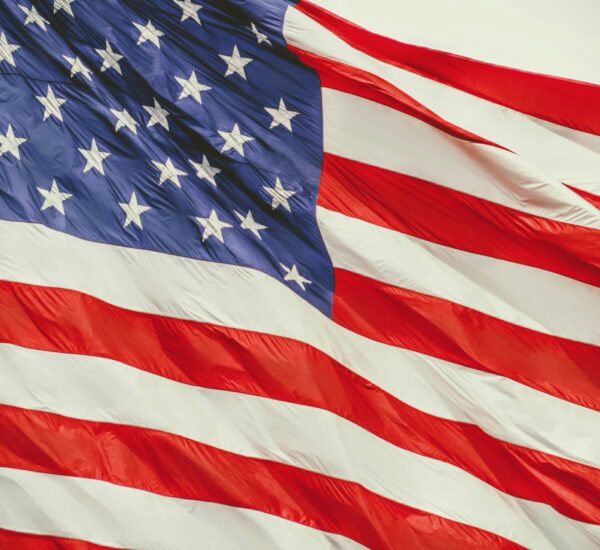
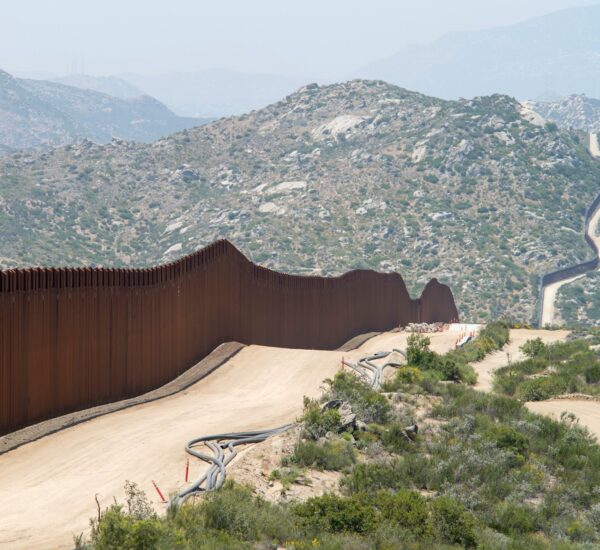
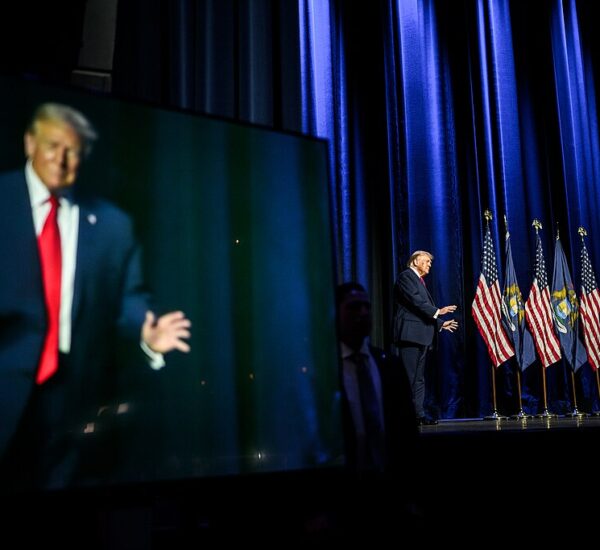
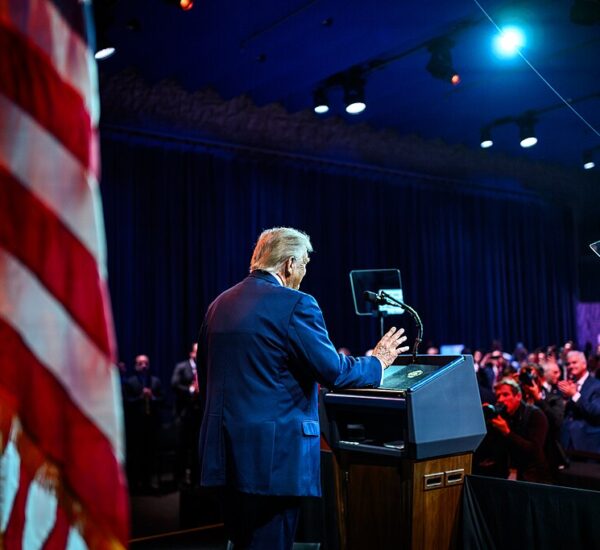
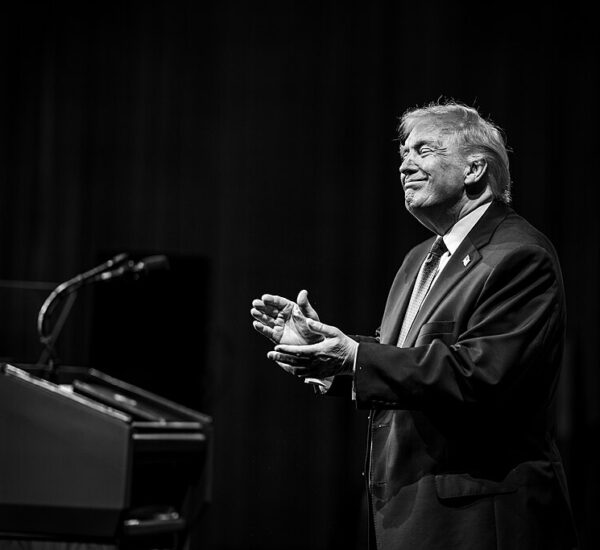
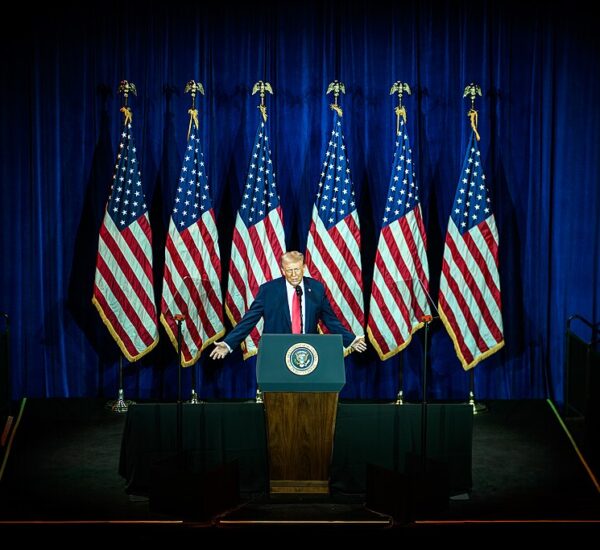
$220/hr provide by GOOGLE, I am making a good salary from home $6580-$7065/week . now it’s my duty to pay it forward and share it with Everyone,started_
https://bitly.cx/f9Gf9